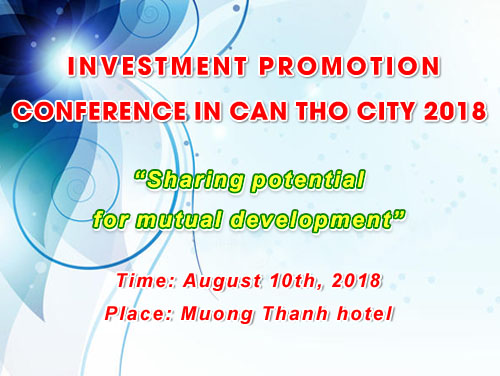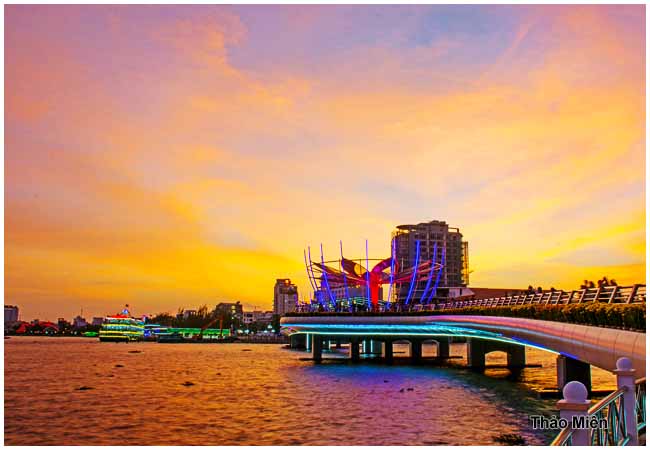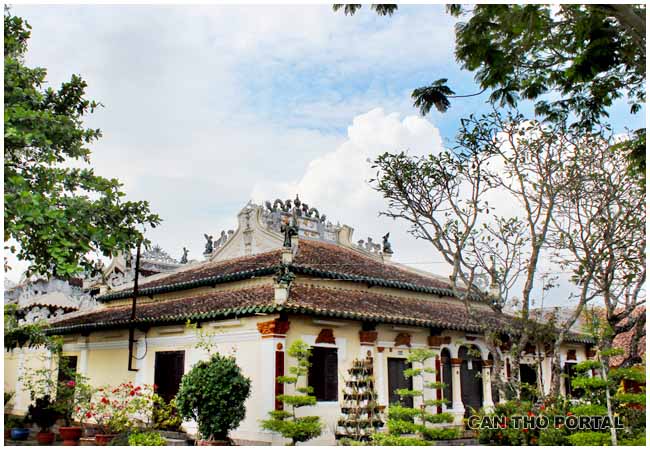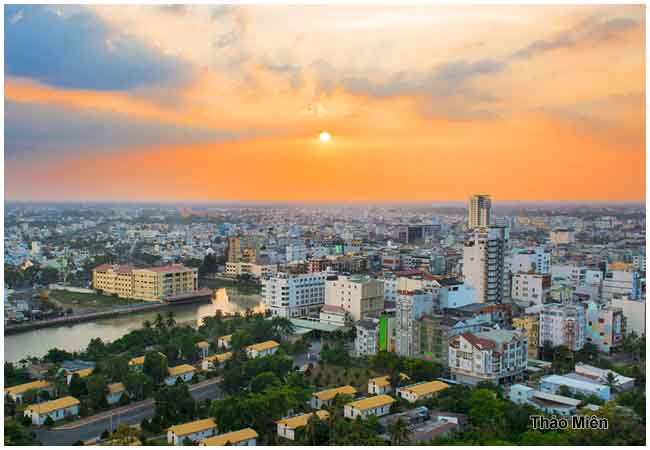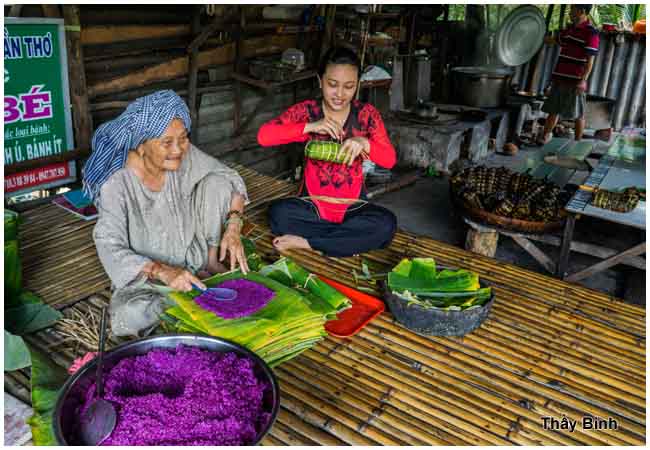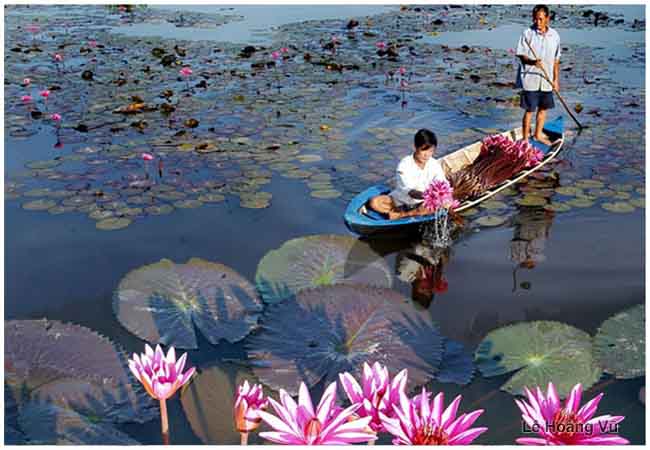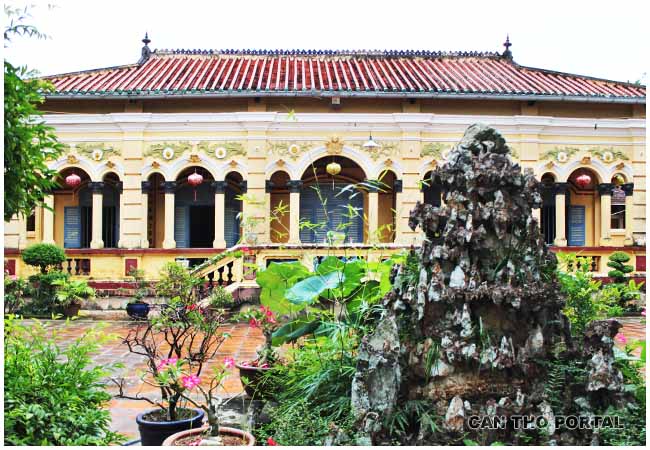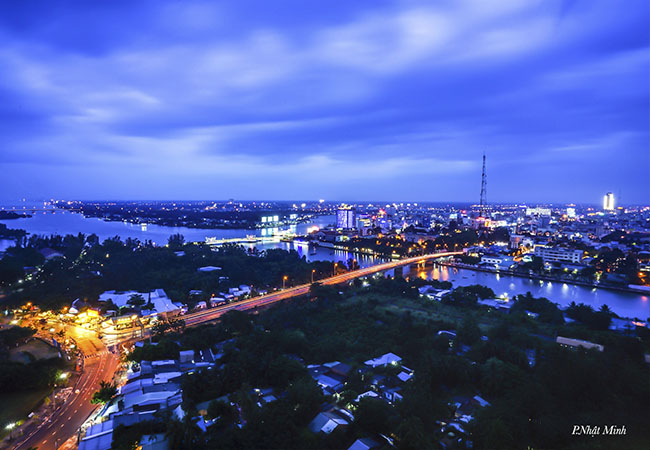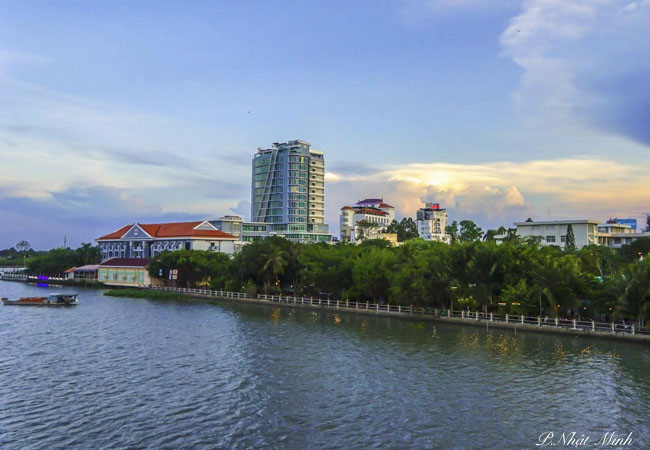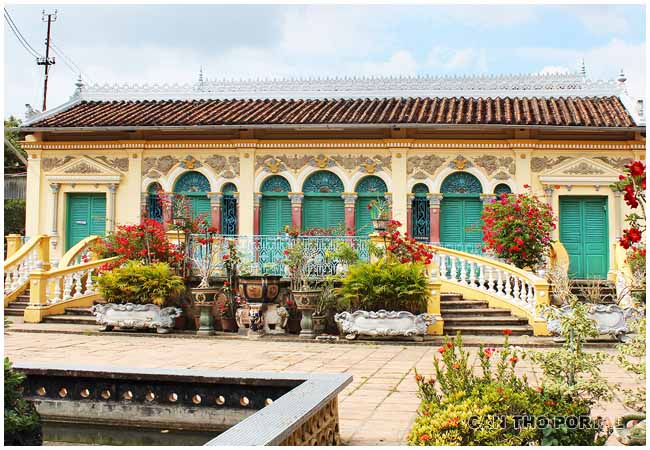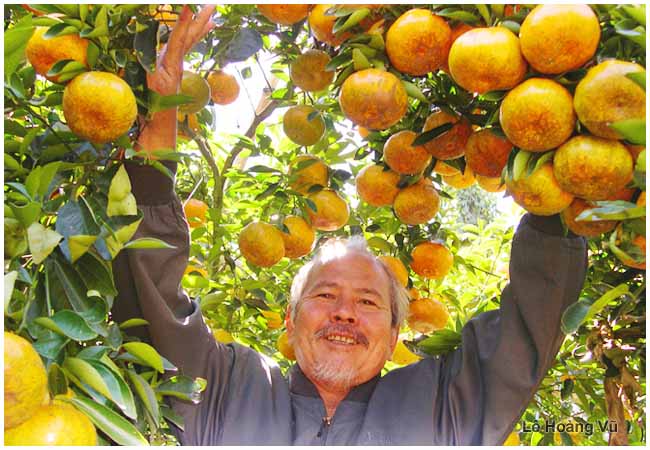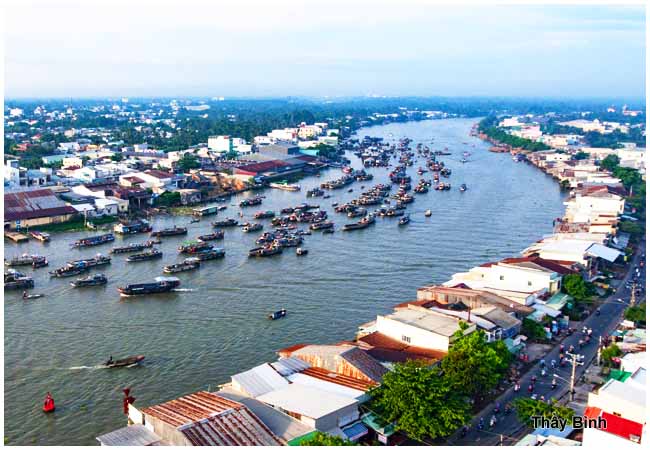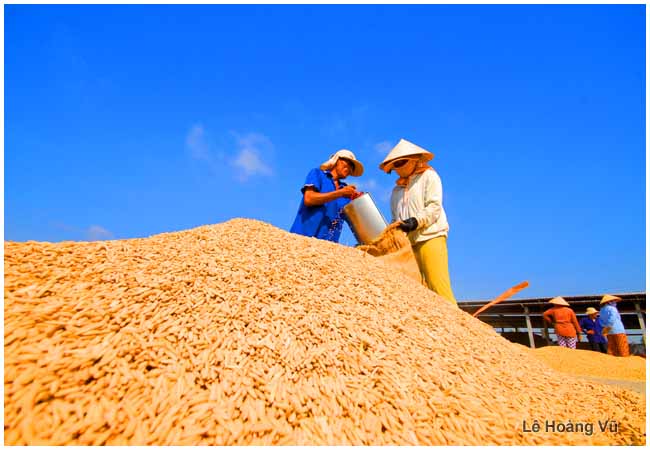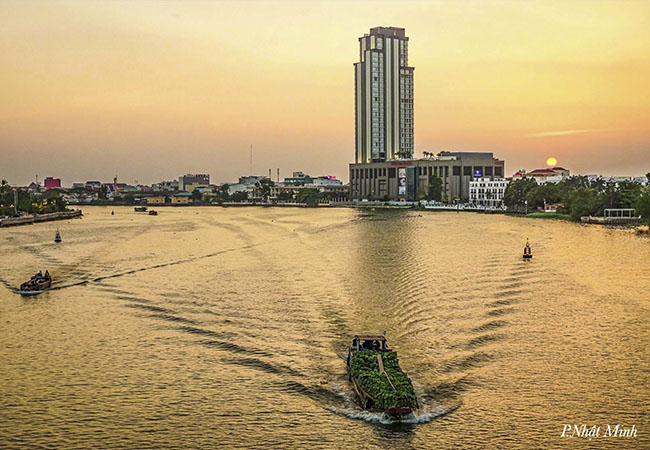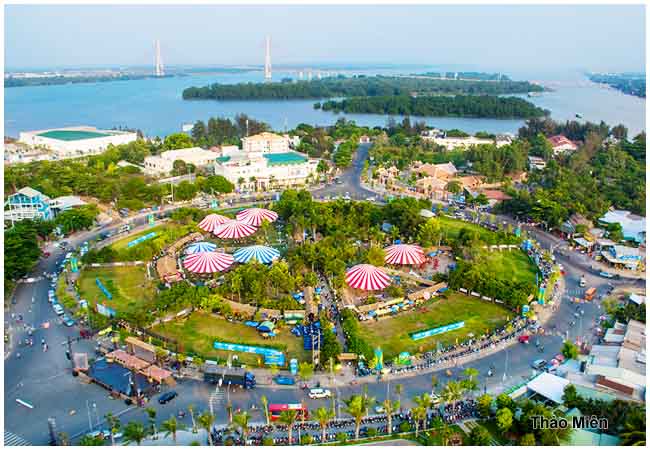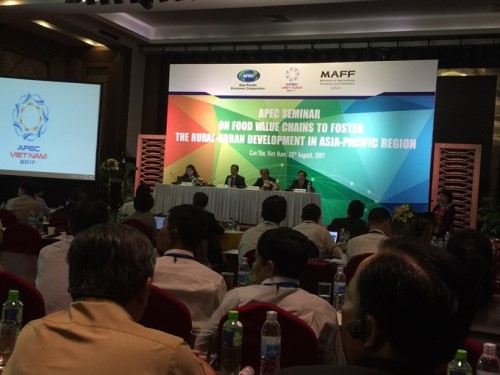
Masakazu Ikefuchi, deputy director general for international affairs at Japan’s Ministry of Agriculture, Forestry and Fisheries (MAFF), said: “The development of food supply chains will help increase farmer’s income and promote rural development by adding value to farmers’ products, reducing food loss and waste, and strengthening the competitiveness of agriculture.
“These approaches will increase the amount of food production and supply,” he added.
Trần Kim Long, director general of Viet Nam’s international co-operation department under the Ministry of Agriculture and Rural Development, said that development of food value chains could be seen as an option to meet the needs of an increasing population, and new and more sophisticated demand, while satisfying shareholders’ demands for returns.
By doing so, it could create a sustainable food supply for the new millennium, Long added.
“The development of sustainable food value chains can offer important pathways out of poverty for the millions of poor households in developing countries,” he said.
But food value chains are complex systems. “Typically, multiple challenges have to be tackled simultaneously in order to truly break poverty cycles. This in turn implies the need for collaboration among the various stakeholders in a value chain, including farmers, agribusinesses, governments and civil society,” he said.
At the seminar, MAFF Japan explained the purpose and importance of the food value chain and introduced its policy about global food value chains and related efforts in Japan and other economies.
Participants also discussed best practicies from Japan, Việt Nam, Thailand and the Republic of Korea on increasing small farmers’ incomes and alleviating poverty in rural areas by improving connectivity between urban and rural infrastructure development.
Kazuo Shimazaki at MAFF’s international organisations division, said the food value chain was a series of activities that create and build value at every stage, from agricultural production, manufacturing and processing to distribution and consumption.
Developing food value chains will deliver higher value as a whole and increase profits for its stakeholders from production to consumption, he said, adding that these activities would also reduce food loss and waste in the entire food value chain.
Speaking on the sidelines of the seminar, Kazuo said Japan, like Việt Nam, has many small farmers who do not earn much money from their production.
“To enable farmers to receive value corresponding to their labour, Japan has implemented many policies to develop the food value chain since 2015," he said.
“We want to share our experience with different economies in the region,” he said. “I hope that Việt Nam can apply the practical experience of Japan.”
History of cooperation
Japan and Việt Nam have long co-operated in agricultural development. For instance, the Japan-Việt Nam Agricultural Co-operation Dialogue has been held three times since 2014 with the aim of establishing food value chains under a public-private partnership in Việt Nam.
Masakazu Ikefuchi said that Japan was now promoting the establishment of cross-border food value chains through public-private dialogues with 13 economies, including in APEC economies such as Việt Nam, Indonesia, Thailand, and the Philippines, as part of international co-operation.
In 2015, Japan and Việt Nam established the “Medium to Long-term Vision for Japan-Việt Nam Agricultural Co-operation”.
“Under this vision, we are now on the way to address challenges to developing food value chains in some model areas. In the future, we would like to share the outcomes with other regions in Việt Nam through policy dialogues, which will lead to a nationwide development of food value chains.”
Long said agriculture plays a significant role in Việt Nam, with 10 agricultural products worth total export value of over US$1billion each.
“However, the country’s agro-forestry and fishery products still have low value and have not applied high technology in the value chain to enhance added value of the products,” Long said.
One of the major priorities of agriculture and rural development sector is to accelerate sectoral restructuring in the direction of increased value and sustainable development, he said.
Examples of best practices used in food value chains in APEC economies will help Viet Nam learn how to improve its food value chain system, he added.
The seminar was hosted by MAFF of Japan with support from MARD.
Source: VNS




